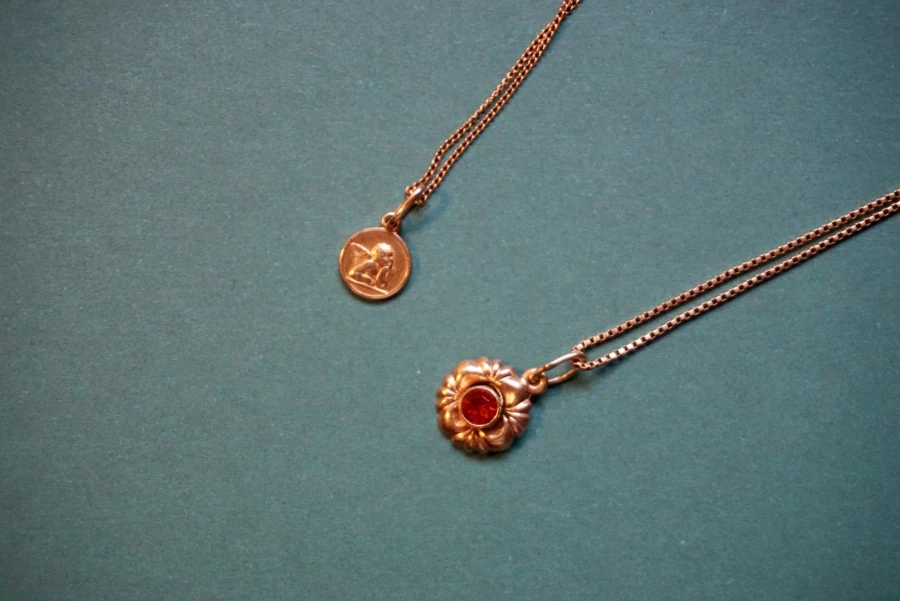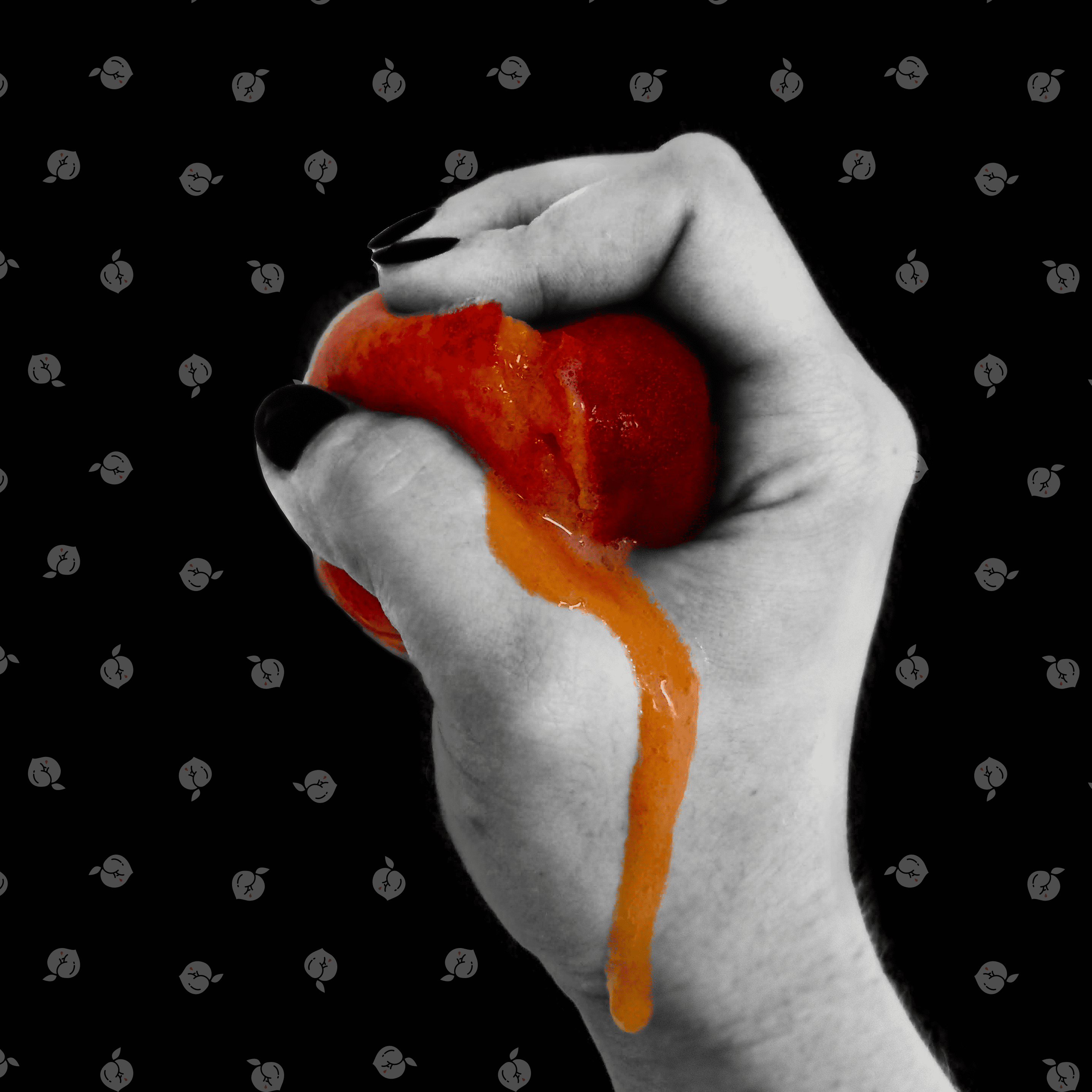Celibacy, treat it with extreme delicacy
Since hanging out on Instagram more than twice a day watching videos of piggies, pandas, and other stupid things (a trend of the last two months that I need to stop as soon as possible), I've also come across videos of stand-up shows. One of the first jokes I heard at least twice later was mocking priests and celibacy. It was so stupid that my lips didn't even want to smile, but it lit a curiosity in me about celibacy, the one among priests and voluntary, which is becoming increasingly popular.
Celibacy is a term for abstaining from marriage and sexual relations. It is usually considered mandatory for Catholic priests, nuns, monks, and some members of Hindu and Buddhist orders. If you have ever dreamed of being a bishop or a priest in the Roman Catholic Church, you can forget about marriage and sexual relations, but if you are only applying for the post of deacon, this will be accessible to you if you do not have the ambition to become a bishop or a priest.
Although celibacy or its violation is still debated today, it was first mentioned in early Christianity in the fourth century. Priests, deacons, and bishops were considered to be guardians of chastity, yet celibacy was the exception rather than the rule at the time. The three mentioned above had to maintain their status during the consecration. So married people could stay married, but if they were widowed, they were not allowed to remarry if in the process of joining the Church. In the Middle Ages, celibacy got out of hand. The messengers of God did as they pleased. Not only were bed activities on the schedule but some were married and had kids. In the eleventh century, Gregorian reforms enforced stricter rules - disrespect for celibacy was punished by ending his job as a servant of God.
At the time of the Reformation, the newly created order strongly condemned celibacy, as it was considered precisely that was to blame for the unbridled behavior of priests. If the right to marry were preserved, priests would not need to search for pleasures elsewhere. Nevertheless, celibacy became even more solid with the Catholic renewal - sanctification was only possible for the unmarried. In the twentieth century, the Church was also modernized. They decided that married men could also join the ranks of deacons. Today, some claim that only 5% of priests still respect celibacy and that no one really deals with it because we don't have enough priests, just like we don't have enough waiters.
In the meantime, when the Church argues and debates, generation Z has taken celibacy as its own. For them, celibacy is a voluntary decision that may last for a longer or shorter period of time but is not religion-related. Voluntary celibacy has been on the rise in recent years, with some even claiming that they have never been happier than in a period of abstinence. Just over a year ago, Google reported a 90% increase in voluntary celibacy hits. TikTok reports the same increase in celibacy-related hashtags. People who have made a commitment to it say that celibacy has improved their concentration and mental health.
The above statistics coincide with the finding of the Kinsey Institute for Sexuality that sexual activity is declining, as is the change of partners. On average, 16% of healthy men and 22% of women are sexually inactive today. Most of those who have tasted the sweetness of sex life in the past were satisfied with the decision to voluntarily celibacy; only a third of men and a quarter of women regretted their decision. Worrying and interesting at the same time are the results of a survey in the United States that reports an elevated percentage of teens without sexual activity. This percentage increased from 28.8% to 44.2% in the male population and women from 49.5% to 74%.
Sexologists associate this primarily with social networks, gaming, and increasing awareness of asexuality. Voluntary celibacy in American women is said to be more related to the #Metoo movement and the notion that women's pleasure is still less important than men's. They wonder if sex is even worth the effort. Modern celibacy also gets a negative connotation, as many women are said to practice it as a type of rebellion against this confusing sex culture as we see it today. To this end, the term 'femcel ', a female involuntary celibacy created as a sign of protest against a shallow society that is obsessed with its appearance, entered society last year.
Voluntary celibacy and celibacy among priests as we know them have in common only the word 'celibacy'. While the messengers of God were forced to renounce their temptation to serve God, people renounced sexuality for their own higher good, or this notion came in handy to justify their lack of desire to have sex. I'm currently living in involuntary celibacy, and I can't wait for it to be over!














-0 comments-